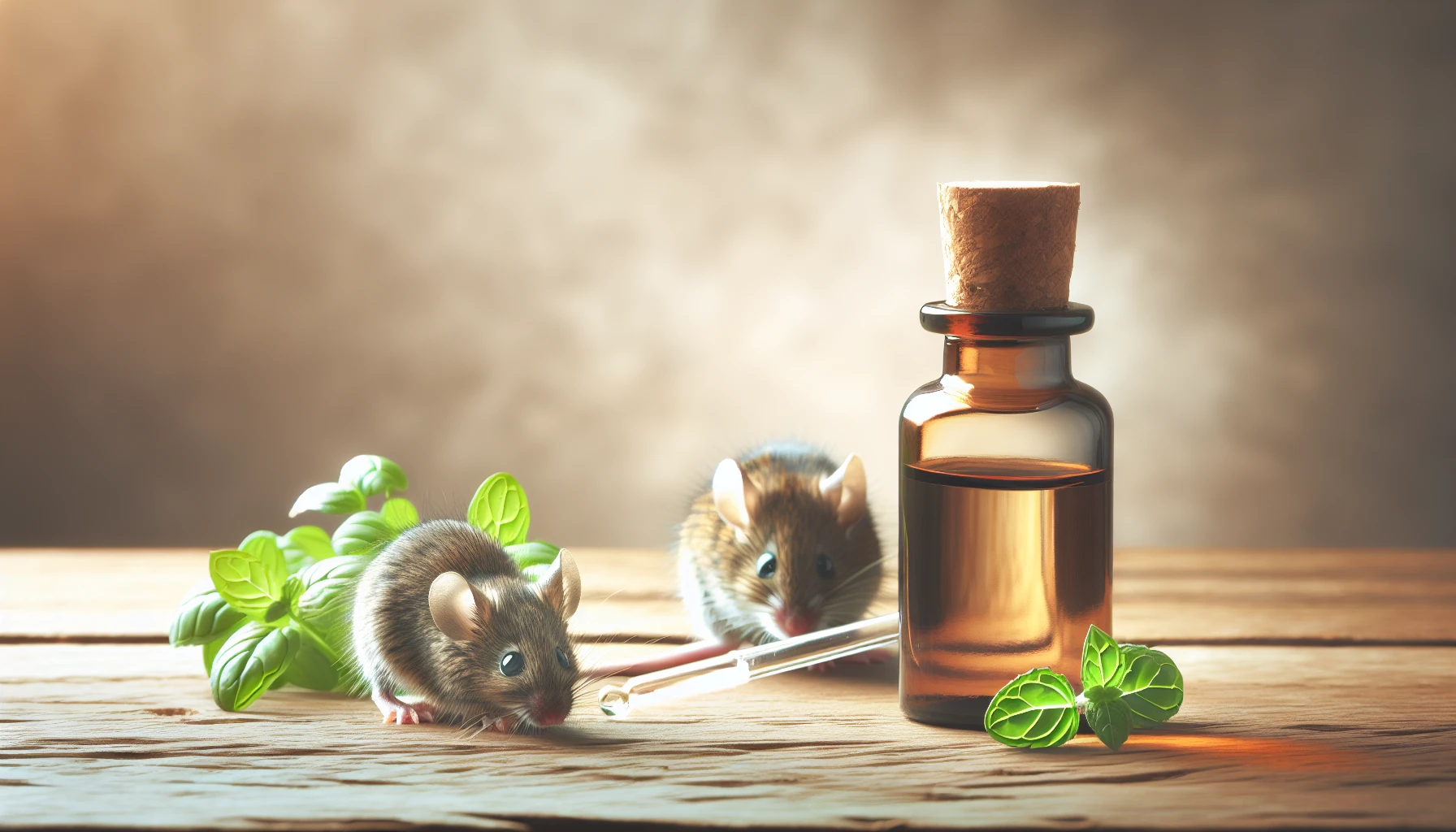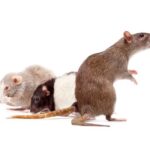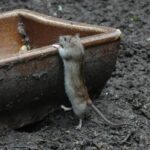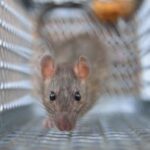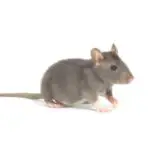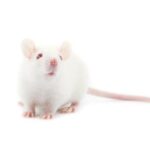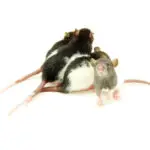Peppermint Oil and Mice: Uncover the Repellent Truth
Introduction
Welcome to “Peppermint Oil and Mice: Uncover the Repellent Truth,” where we dive into a minty mystery: can the refreshing scent of peppermint oil really send pesky mice packing? Just the mere mention of a mouse might send shivers down your spine, conjuring images of those uninvited whiskered guests scurrying through the shadows. So, it comes as no surprise that finding a safe and natural deterrent, like peppermint oil, is on the wish list of many homeowners.
In this opening chapter, we invite you to join us on an olfactory adventure as we explore the efficacy of peppermint oil as a mouse repellent. We’ll sift through anecdotes and analyze data to separate fact from folk tale. Prepare for a tale that’s as intriguing as it is informative—we’re not just going to dish out suggestions; we’re here to deliver the science behind it! Imagine setting out a minty shield that has mice wrinkling their noses and thinking twice before crossing your threshold.
Sure, you might be skeptical, and rightly so. After all, when was the last time a mouse consulted you before making itself at home? But stay tuned, because what you’ll learn here could revolutionize the way you think about natural rodent control. And we promise, no pied pipers or magic potions—just plain, good old scientific curiosity leading the charge!
So, whether you’re a staunch supporter of eco-friendly solutions or a desperate denizen of a mouse-plagued abode, hang tight. As we sniff out the truth about peppermint oil for mice, you’ll discover a narrative woven with evidence, experiences, and perhaps, a fresh take on an age-old problem. Let’s embark on this journey together—it’s time to unveil the repellent truth!
Understanding Mice Behavior
Delving into the day-to-day activities of mice, you’ll soon discover that these creatures are guided by powerful sensory preferences. Though petite, mice possess keen noses that rival the best of bloodhounds, and they use this tool to navigate their world. They’re drawn to particular scents, and conversely, some fragrances are particularly repulsive to them. It’s like a mouse’s version of us walking into a room where our favorite cookies are baking – or the scent of garbage on a hot day; one aroma pulls us in, while the other sends us retreating.
A stroll down scientific research lane will reveal numerous studies noting how certain smells can dictate mice behavior. For instance, the smelly socks from your gym bag might be a turn-off to you but a homing beacon for rodents. Conversely, certain odors, like that of peppermint oil, are like kryptonite to our small, furry intruders. These insights provide a foothold in understanding why peppermint oil could be such a promising player in the world of mouse repellents.
Real-life examples help to paint the picture: Imagine hosting a garden party and placing citronella candles around to keep the mosquitoes at bay. Similarly, introducing peppermint oil into spaces where mice frequent is akin to setting up an invisible barrier that speaks to their sensitive olfactory system saying, “keep out!”
To gather more insight, take a look at this video explaining the intricacies of mouse behavior:
Understanding these preferences isn’t just about keeping mice away. It’s about tapping into the natural, chemical-free methods of pest control. For those interested in other ways of deterring unwanted guests, our comprehensive guide on best rat repellents provides a broader perspective on humane and safe strategies to protect your home without resorting to harsh chemicals.
So why might peppermint oil be an effective repellent? Mice rely heavily on their sense of smell to detect predators, find food, and navigate their environment; thus, a strong and uninviting scent like that of peppermint can disorient and deter them. It’s not just about disliking the smell—it disrupts their essential survival mechanisms. Subsequently, peppermint oil becomes not just a pleasant spa fragrance for humans but a strategic tool against rodent intrusion.
Peppermint Oil – The Natural Mouse Deterrent
Tired of little critters sneaking around your pantry? Say hello to peppermint oil, your new best friend in the battle against mice! When it comes to natural pest control, this essential oil is a heavy hitter. Its potent aroma is like kryptonite to mice, who would much rather find another place to call home than stick around the minty freshness that peppermint oil provides.
Imagine this: you’ve noticed signs of a mouse in your home. Instead of reaching for harsh chemicals, you decide to go a more eco-friendly route. You dab a few drops of peppermint oil onto cotton balls and strategically place them where those tiny footprints were found. Days go by, and the signs of your uninvited guest have all but vanished. But why does this work? The secret lies in the strong, menthol-rich scent of peppermint oil that overpowers the mouse’s sense of smell, effectively repelling them without harm.

Peppermint oil isn’t a new fad—it’s a time-tested method that homeowners have whispered about for years. After all, who wouldn’t prefer a remedy that’s safe to use around children and pets, and also leaves your home smelling amazing? As mice rely heavily on their olfactory cues for survival, peppermint oil disrupts their routines and encourages them to seek shelter elsewhere. Indeed, the convenience of this natural deterrent isn’t just about repelling pests; it’s about doing so peacefully and harmoniously with our environment.
For those seeking more guidance on eco-conscious pest control solutions, it’s reassuring to know there are options that don’t involve harmful substances. Whether you’re dealing with a full-blown mouse invasion or just spotting the occasional intruder, incorporating peppermint oil into your pest management strategy could be a game-changer, helping you maintain a happy, healthy, and mouse-free home.
How to Use Peppermint Oil Against Mice
If you’re faced with the pitter-patter of little feet, and they don’t belong to your pets or children, it’s time to talk about the potential of peppermint oil as a natural mice repellent. It’s been said that mice find the strong aroma of this essential oil overpowering, sending them scurrying in the opposite direction. Let’s dive into how to wield this minty shield against those pesky rodents.
Setting the Scene with a Diffuser
Imagine you’re settling down for a peaceful evening at home. Now, ensure it stays that way by using a peppermint oil diffuser. A diffuser disperses the oil into the air, surrounding your space with a scent that mice may find displeasing. It’s as simple as filling the reservoir with water, adding a few drops of peppermint oil, and turning it on. Keep it running especially at dusk, when mice start their nightly forays.
DIY Peppermint Cotton Balls
Peppermint-infused cotton balls can act as strategic scent-stations in your anti-mouse campaign. Douse a cotton ball with a few drops of oil and tuck it away in those nooks and crannies where you suspect mouse activity. Behind the fridge, in the back of cupboards, or at potential entry points. Replace them every week to keep the scent strong.
The Power of Peppermint Spray
When it comes to versatility, a peppermint oil spray is your go-to. Mix a tablespoon of the oil with a quart of water in a spray bottle. Use this concoction to mist the areas where those unwelcomed guests roam. Focus on doorways, window frames, and the dark corners of your basement. It’s a natural, refreshing way to deter mice and can also leave your home smelling like a fresh garden.
Below is a visual guide to show you the peppermint oil that could be your new ally in the fight against mice:
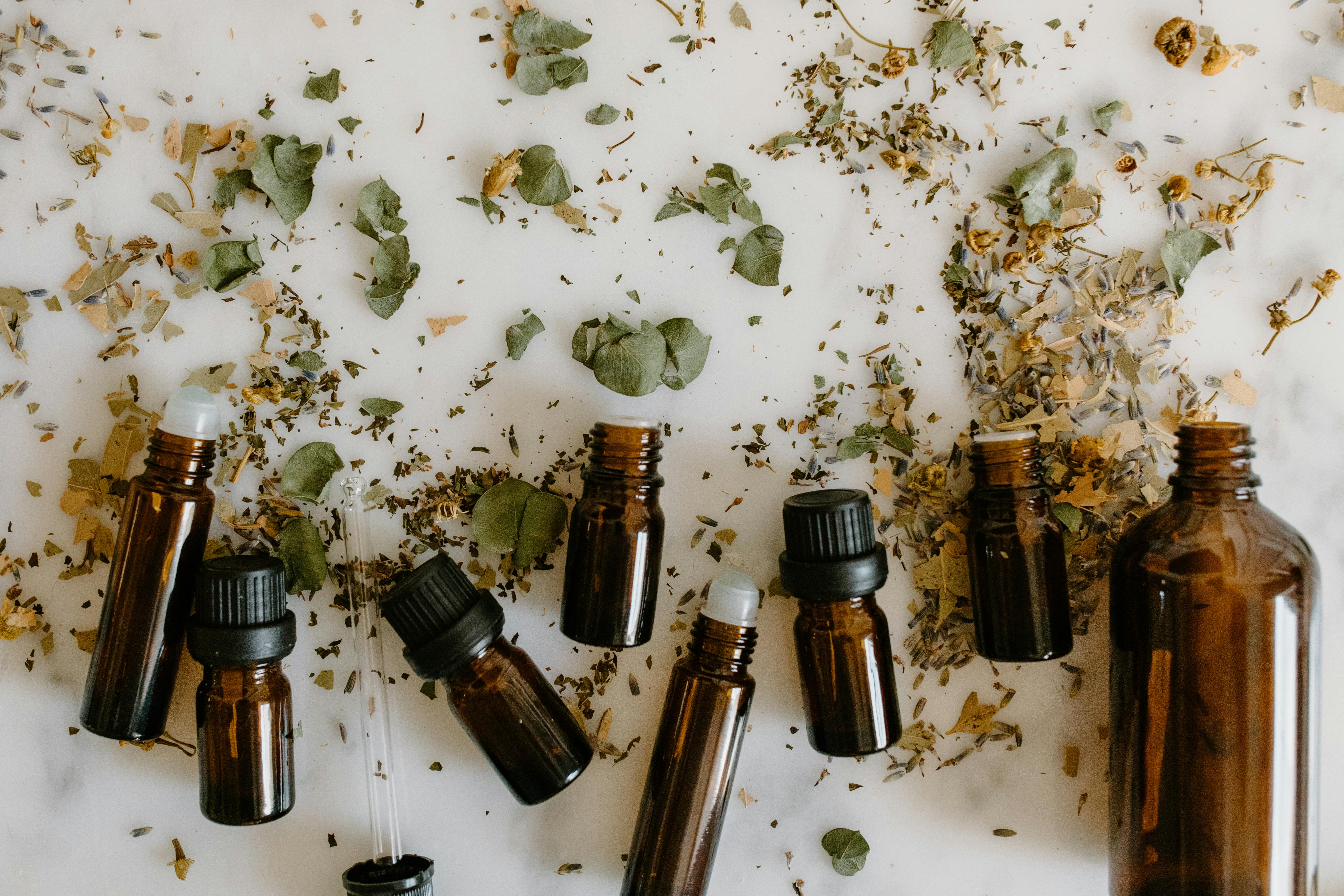
Remember, the success of using peppermint oil against mice is all about consistency. Reapplication is key, and pairing these methods with good housekeeping practices will enhance your defense. No method is foolproof, but peppermint oil might just be the aromatic armor you desire in your mouse-deterrence arsenal.
Effectiveness and Limitations of Peppermint Oil for Mice
When it comes to keeping mice at bay, peppermint oil is often touted as a natural and humane repellent. But does it truly send these whiskered intruders packing? Let’s dive into the minty details and explore what science and real-life experiences have to say about this aromatic solution.
Scientific studies have shown that the potent smell of peppermint oil disrupts a mouse’s keen sense of smell. This can be effective in preventing rodents from making themselves at home in your spaces. For instance, imagine placing a few drops of peppermint oil on cotton balls and scattering them in the corners of your attic. It’s like hosting an impromptu rave, and mice decidedly hate the loud scent ‘music’—they’ll likely hit the road.
However, like any good story, this one has its twists. Peppermint oil isn’t a full-proof deterrent. Various situations can diminish its power. Environmental factors such as rain can wash the oil away, necessitating frequent reapplications. Some particularly brazen rodents may even grow accustomed to the smell over time or find corners of your home where the scent doesn’t reach, thus carrying on with their mousey business.
Anecdotally, homeowners have reported mixed results. While some sing praises, others mention that their peppermint oil strategy seemed more like a temporary disturbance than a long-term solution. For example, a family living near a field started using peppermint oil around their home’s foundation. At first, it seemed to work wonders, but as the autumn season rolled in and temperatures dropped, the lure of warmth and shelter proved stronger than the deterrent of peppermint.
It’s clear that peppermint oil can have its pitfalls and may not be the silver bullet for every mouse problem. Its effectiveness can vary widely depending on the conditions and the persistence of the mice in question. Engaging a combination of methods may be the best strategy for those seeking to mouse-proof their abode.
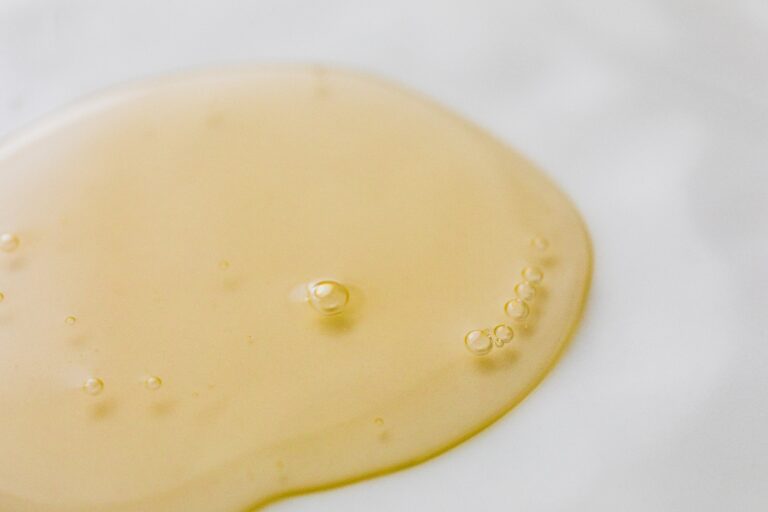
Safety and Precautions: Harnessing Peppermint Oil Responsibly
When discussing peppermint oil for mice, it’s not just about whether the little critters dislike the scent; it’s also about safe and considerate usage. We know that peppermint oil often touts a reputation for being a natural alternative to other repelling methods. However, the keyword is “natural,” not “harmless.” You see, even Mother Nature’s gifts come with their instruction manuals—albeit metaphorically spoken.
Let’s paint a picture: imagine you’re diffusing peppermint oil within the family home. It’s one thing for your nostrils to be met with the refreshing zing of peppermint—it’s another for your curious toddler or that sweet-natured family pet to experience it. While you may appreciate the minty ambiance, their smaller bodies could react differently, and it’s essential to understand these potential impacts.
Pets, in particular, deserve a thoughtful approach when peppermint oil comes into play. Our feline companions have a renowned sensitivity to essential oils. For a cat, that aromatic spread may trigger more than just a disgruntled look—it can pose a serious health risk. Similarly, our canine friends, with their powerful scent detectors, can find the strong peppermint fragrance overwhelming.
So, what about the environment? Peppermint oil, when used in copious amounts or disposed of improperly, can contribute to environmental damage. That begs the question, are we trading one problem (mice) for another (ecological impact)? It’s a delicate balancing act, requiring us to be both effective and ethical.
Diving deeper into the health considerations, the risk of allergic reactions or irritation should not be swept under the rug. Pure peppermint oil is potent, and when it comes in contact with skin or is inhaled in significant concentrations, it can provoke responses nobody wants an invitation to.
Real-Life Tip: Dilution is Your Friend
One thing is sure—dilution is crucial. It’s like diluting a concentrated fruit juice; you’d get an overpoweringly sweet drink that could send your taste buds into shock without the right amount of water. Similarly, proper dilution of peppermint oil ensures that its repelling attributes are dispensed safely and more universally tolerable.
But enough about the “don’ts.” How about a real-life example of the “do’s”? Take Sarah, who noticed mice frolicking in her herb garden. Instead of going all guns blazing with peppermint oil, she chose to make a diluted spray solution. Her garden remained a verdant paradise, her pets were unaffected, and the mice? Relocated to a more suitable venue for their shenanigans.
Have a visual appetite for safety? Integrate these practical pointers with the insights provided in this informative video:
Remember, peppermint oil can be a friend to those seeking a mice-repelling solution, but like any friendship, respect and understanding go a long way. Keeping your peppermint oil use mindful ensures you, your loved ones, and the environment all coexist harmoniously.
DIY Recipes and Tips
Imagine this: you’re about to snuggle up on your couch with a good book when you spot a mouse scurrying across your living room floor! Before you panic or rush to the hardware store for traps, let’s talk about a natural solution that might just be your new best friend: peppermint oil. That’s right, peppermint oil isn’t just for freshening breath—it’s also touted as an effective mouse deterrent.
So, why peppermint oil? Mice are not fans of the intense aroma. It’s like a high-pitched noise in their world—absolutely unbearable for those tiny ears. Now, what if I told you that you can create your own mouse repellent at home using just a few simple ingredients? It’s time to embrace your inner DIY spirit and whip up some peppermint magic!
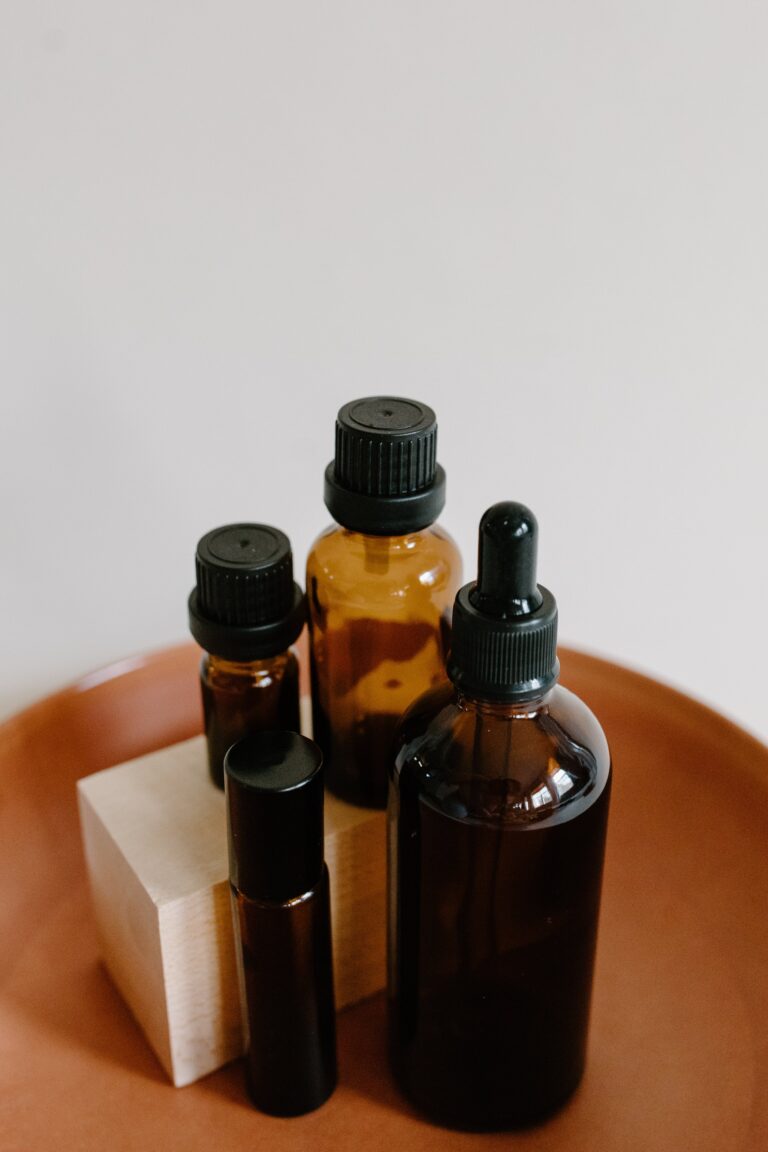
Peppermint Potion: Your Homemade Mouse Repellant
First up, let’s craft a classic peppermint spray. You’ll need:
- 2 cups of water
- 2 teaspoons peppermint oil (more if you want it stronger)
- A dash of dish soap to help mix it all together
Simply mix the oil and dish soap with water in a spray bottle and give it a good shake. Spritz around the places you suspect mice are entering your home or where you’ve seen droppings. The peppermint scent will send them packing!
Tips and Tweaks
Your homemade repellent can be tweaked for potency or mixed with other scents mice despise, like clove or cinnamon oil. Remember, persistence pays off—refresh these scents regularly to keep your home a mouse-free zone.
Real-life application? You bet! One of my good friends, Jess, swore by this peppermint method. After she started using this spray around her kitchen, she noticed a significant drop in mouse sightings. Jess even added a few drops of peppermint oil to cotton balls and tucked them into nooks and crannies for an extra layer of protection!
There you have it—DIY recipes and tips to send those pesky critters running. All it takes is a little time, some peppermint oil, and a dash of creative application. Try it out and watch your mouse problems vanish with a pleasant, minty freshness!
Comparing Peppermint Oil to Other Repellents
When a mouse decides to make your home its own, you want a solution—and fast! But not just any solution; one that’s effective, easy to use, and, if possible, humane and natural. Enter peppermint oil, a popular natural remedy in the world of rodent repulsion. But how does it stack up against the myriad of other options out there? Let’s dive into the peppermint oil pantry and compare it with its competitors.
The Minty Fresh Soldier: Peppermint Oil
Anecdotes of peppermint oil’s success as a mouse deterrent are as widespread as the scent of the oil itself. Proponents claim it’s the silver bullet, naturally driving mice away with its strong aroma. Unlike traps and poisons that need to be hidden away from pets and children, peppermint oil can be openly displayed in cotton balls around your home, doubling as an air freshener.
The Traditional Warriors: Mouse Traps and Bait Stations
Traditionalists might go for mouse traps and bait stations. These longstanding warriors in the battle against rodents come with a promise of swift victory. Mouse traps are classic and effective, and the satisfying ‘snap’ can signal a job well done. Bait stations, meanwhile, are a set-and-forget solution, discreetly doing their duty out of sight. However, both methods come with their downsides such as handling dead mice or potential risks for non-target animals.
The Chemical Brigade: Rodenticides
Then we have rodenticides—potent, no-nonsense chemicals designed to eradicate. These potent formulations are serious business and can be worryingly effective. But they carry a heavy burden of responsibility: risks of secondary poisoning to wildlife, pets, and even children. The contemplation alone might make your stomach churn more than a mouse nibbling on your pantry goods.
Comparing the Line-Up
So, how do we size these methods up against each other? Peppermint oil, while lofty in its natural appeal, might not always deliver the one-hit K.O. you desire. However, it wins hands down in the safety and ease-of-use departments. Mouse traps and bait stations can be highly effective, but there’s a squeamish factor to consider. As for rodenticides, they’re like calling in the big guns—highly effective but with possible collateral damage that might make you think twice.
Imagine hosting a dinner party with the scent of peppermint subtly mingling with your cooking aromas. Now, juxtapose that with the less pleasant scenario of explaining to guests why there’s a trap with a deceased rodent in the corner. It’s enough to sway anyone towards giving peppermint oil a try, at least as a first line of defense.
No matter which method you lean towards, it’s clear that each has its place and purpose. The choice boils down to your personal preferences, level of infestation, and how hands-on you want to be in your mouse-management maneuvers.
Frequently Asked Questions
When it comes to peppermint oil and mice, the chatter never seems to die down – does it work, how does it work, and are we just fooling ourselves with a minty fresh scent? Let’s tackle some of these burning questions with the zing of peppermint clarity!
Does peppermint oil really repel mice?
Imagine you’ve just baked a cinnamon-laced apple pie – that aroma wafts through every nook and cranny, right? Similarly, peppermint oil has a potent scent that mice find less than cozy. It’s like they’ve walked into a mint gum convention, and they’re not fans. So yes, anecdotal evidence and some small-scale studies suggest that peppermint oil can be a deterrent, but it’s no magic bullet.
How should peppermint oil be used to deter mice?
One thing’s clear – you can’t just dab a little oil behind your ears. To make the mice scram, you need to think like a mouse and focus on those entry points like a tiny Sherlock. Douse cotton balls with the peppermint oil and strategically place them where these whiskered intruders sneak in. Remember, be generous with that oil; a faint smell won’t faze them!
Is peppermint oil a long-term solution for a mouse problem?
Here’s the deal: peppermint oil might have mice turning up their noses, but they’re adaptable little critters. The scent will fade, and those mice might just figure it’s worth braving the minty gauntlet to crash at your pad. So don’t put all your hopes in this aromatic fix – it’s a good band-aid, but for a lasting solution, you might need to escalate to bigger defenses.
Are there any real-life cases where peppermint oil has been effective?
A friend of mine once peppered her basement with peppermint oil after a mouse sighting. For a week, the air smelled like a candy cane factory, and the mouse seemed to have vamoosed. Was it the scent or did the mouse just move on to less fragrant pastures? Hard to say, but hey, her basement was mouse-free and smelled amazing for a while!
Any additional tips for using peppermint oil against mice?
Consistency is key! Reapply the oil every few days to keep that robust smell going. And while you’re playing defense with peppermint, don’t forget offense – seal up any cracks, keep a clean house, and put away the welcome mat for mice by storing food securely.

